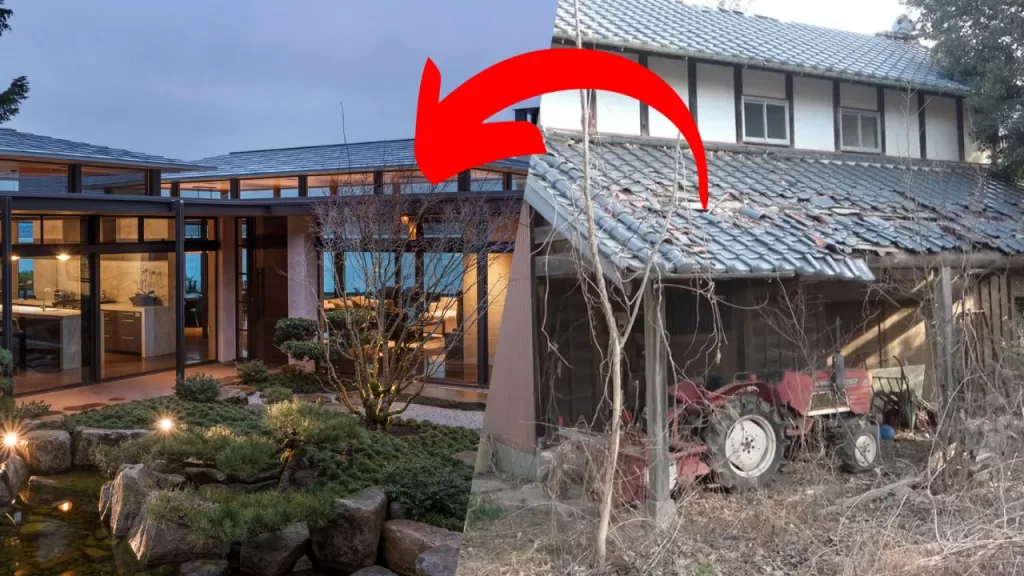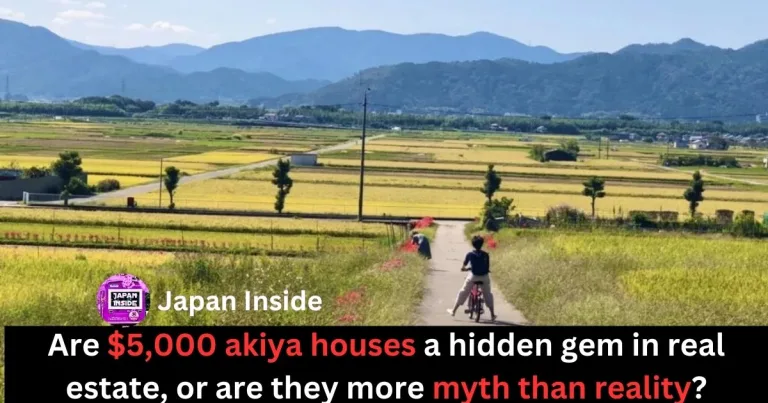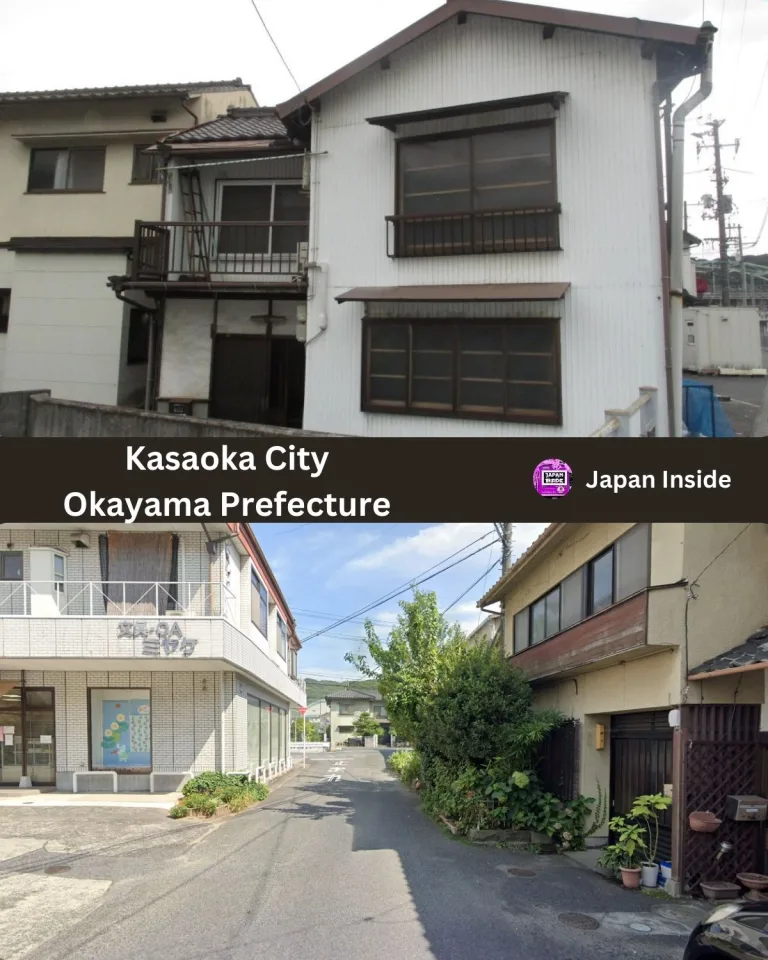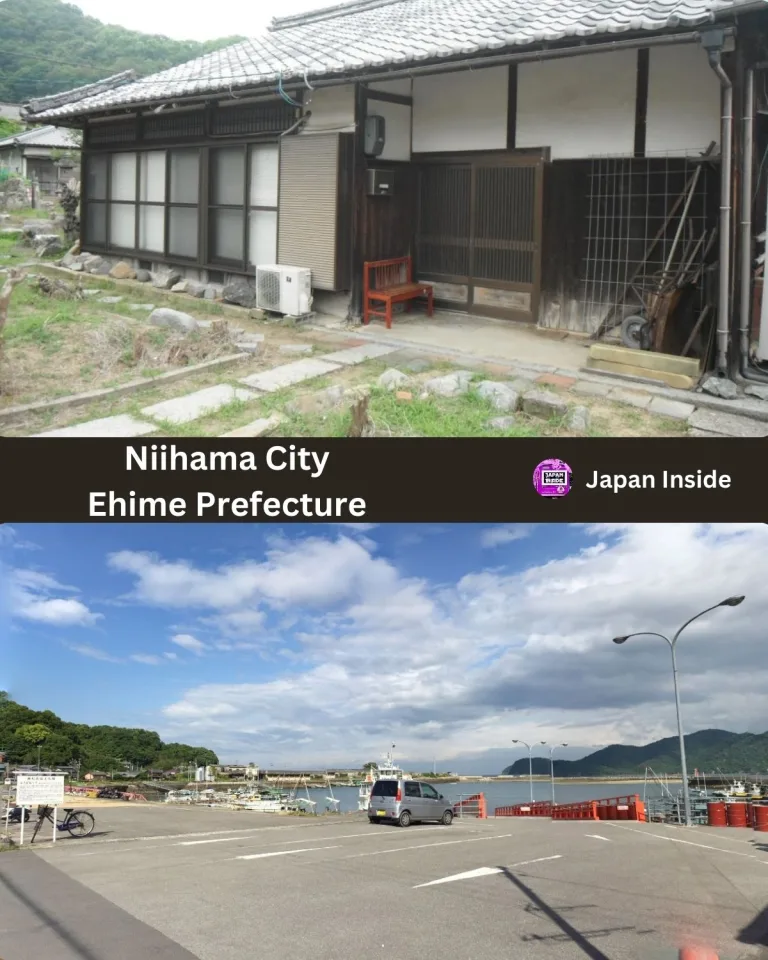Airbnb’s Plans To Use Japan’s 8.5M Abandoned Homes For Tourism
Airbnb is looking to take advantage of Japan’s growing number of abandoned homes by turning them into short-term rentals for tourists. The vacation rental company plans to partner with local governments and businesses to convince homeowners to invest in fixing up their vacant properties.

Japan currently has around 8.5 million empty houses, known as “akiya.” This number is expected to increase as the country’s population ages and shrinks. Many akiya are located in rural areas and have fallen into disrepair as owners leave for big cities and cease maintaining them.
Airbnb believes these traditional vacant homes could attract foreign tourists interested in experiencing Japan’s history and culture. The company recently donated $1 million to an organization that preserves traditional Japanese wooden houses.
Check Out These Akiya Deals:
However, many have pointed out that most tourists visit Japan’s major urban areas like Tokyo and Osaka. Rural towns with few attractions may struggle to draw significant numbers of visitors.
Others argue that converting local homes into short-term rentals could negatively impact housing availability, similar to how Airbnb has been blamed for reducing affordable housing in cities abroad. Careful regulations would need to be in place.
Readers’ Feedback on Airbnb’s Plans
Many of the vacant homes are run down “sheet metal dumps” rather than romantic traditional houses, and often lack basic amenities like flushing toilets. Renovating them would be very costly.
There are doubts over whether there would be enough tourist demand to stay in remote rural areas with little infrastructure or attractions. Most tourists visit major cities like Tokyo.
Allowing companies like Airbnb to turn residential homes into short-term rentals contributed to housing shortages and spiking rental prices in cities in Canada and Europe. There are concerns this could happen in Japan too if not properly regulated.
Some commenters noted there could be niche demand from certain adventurous travelers. But the costs and practical difficulties of redeveloping dilapidated rural homes solely for short-term stays were seen as major barriers.
Instead of short-term rentals, there were suggestions to offer long-term incentives for people to actually move back and live in rural towns, through remote work programs, better infrastructure, and promoting new industries there. This was seen as a healthier way to boost these communities.
Still, some see potential for adventurous travelers and economic revitalization of Japan’s dying small towns through “akiya” tourism. With the number of abandoned homes continuing to rise, Airbnb is positioning itself to turn vacant houses into revenue generators.


